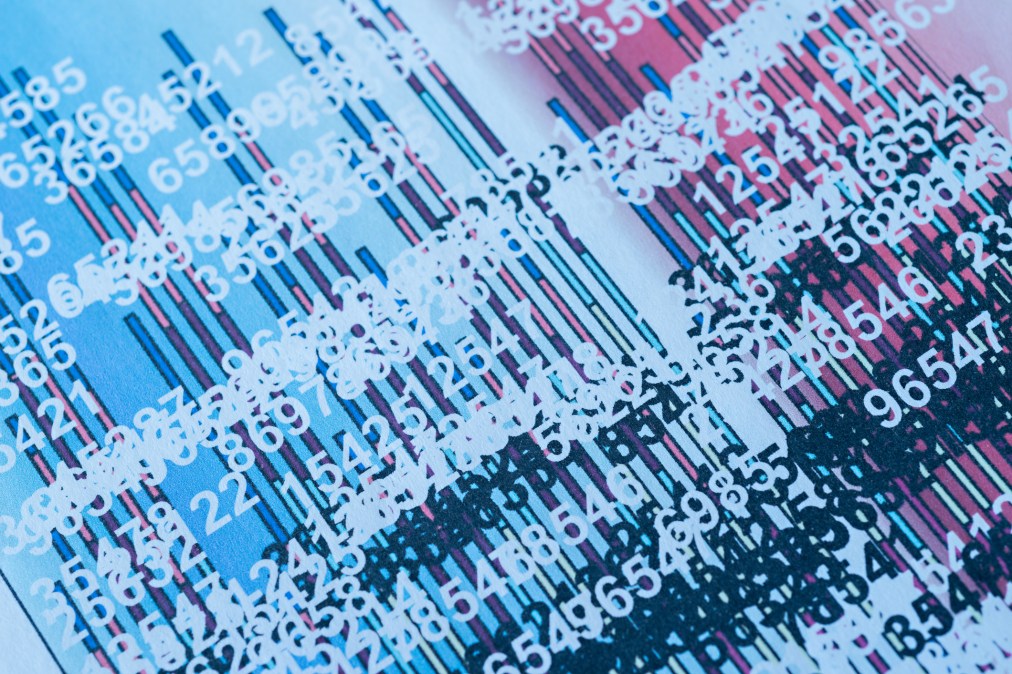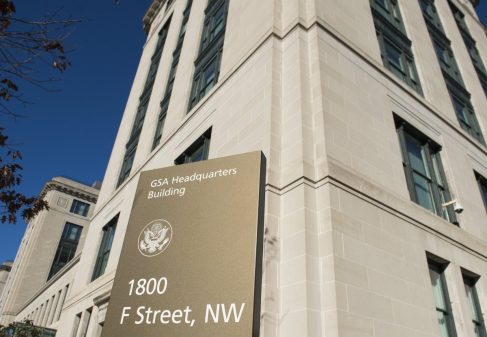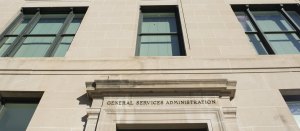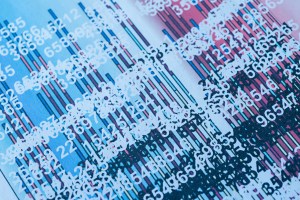GSA explores replacement of DUNS number

The General Services Administration is looking for potential options to replace the proprietary system it currently uses to identify and track entities that do business with the federal government.
The agency issued a request for information last week to gather feedback from vendors and other parties interested in providing governmentwide entity identification and validation services at the expiration of the current contract, held by Dun & Bradstreet. The pre-solicitation signals GSA’s intent to move to a more open system with requirements for unrestricted use and reuse of generated data.
Know as the DUNS number — short for Data Universal Number System — Dun & Bradstreet’s system allows the federal government to track its business with contractors, from pre-award to post-award, in GSA’s System for Award Management.
However, the system has garnered criticism for its costly proprietary nature, particularly as federal agencies close in on implementation of the DATA Act, which requires use of such a unique entity identifier to track federal spending. The Government Accountability Office warned Congress in 2012 that Dun & Bradstreet was effectively developing a monopoly resulting in higher costs over the years.
“This effective monopoly results in part from government regulations and directives that require contractors, grantees, and other entities seeking to do business with the government to obtain a DUNS number,” the GAO letter says.
Hudson Hollister, executive director of the Data Coalition, agrees with GAO’s assessment of D&B’s monopoly on the federal entity identification and validation market, saying that “as long as Dun & Bradstreet retain a monopoly on the data standard that is used to identify grantees and contractors, then that means that federal spending data cannot be open, just by definition.”
“If the users of federal spending data have to purchase a license from a private sector contractor, then it’s not open data, and the value of using it, reusing it, iterating on it and analyzing federal spending information is lost,” he told FedScoop.
GSA’s contract with Dun & Bradstreet, with whom the agency has done business since the 1970s, will expire in 2018.
According to a GSA release, “The government is exploring all viable means of continuing to meet its ongoing need for entity identification and validation services after the contract’s expiration. Additionally, both the [Federal Acquisition Regulation] and [Code of Federal Regulations] regulations have recently been revised to remove any proprietary references to Dun and Bradstreet (D&B) and DUNS,” making the government open to a possible replacement next year.
“This RFI represents a step forward in assessing entity validation services purchased by IAE on behalf of the entire government awards community,” said Vicky Niblett, GSA’s deputy assistant commissioner for the Office of the Integrated Award Environment, in a written statement. “We want to ensure integrity over the awards of taxpayer dollars as we proceed to the next steps. GSA remains committed to transparency within this process, and seeks to obtain maximum public input.”
In the RFI, GSA sets forth the requirements that in the new contract “Government has unlimited right to use, disclose, and share all data associated with the entity, including the identifier, if applicable, and maintains it in perpetuity” and “All data fields including any provider’s identifier are available for open use and reuse, both domestic and global.”
But that doesn’t necessarily spell out the end of Uncle Sam’s business with Dun & Bradstreet, Hollister explained.
“D&B could make the DUNS number freely open” to the public and could “keep its business in tact by doing that,” he said. Hollister also posed the global Legal Entity Identifier, which is “freely available for anyone to use,” as an already established standard the company could adopt to replace the DUNS.
But some sort of move away from use of a proprietary numbering system is necessary, Hollister said, or he predicts Congress will soon be knocking on GSA’s door.
“If GSA does make this move, then it will save them some trouble with Congress,” he said. Otherwise, “We believe that there will be action in Congress to either discourage or straight up forbid GSA and the whole government from using a proprietary data standard.”





